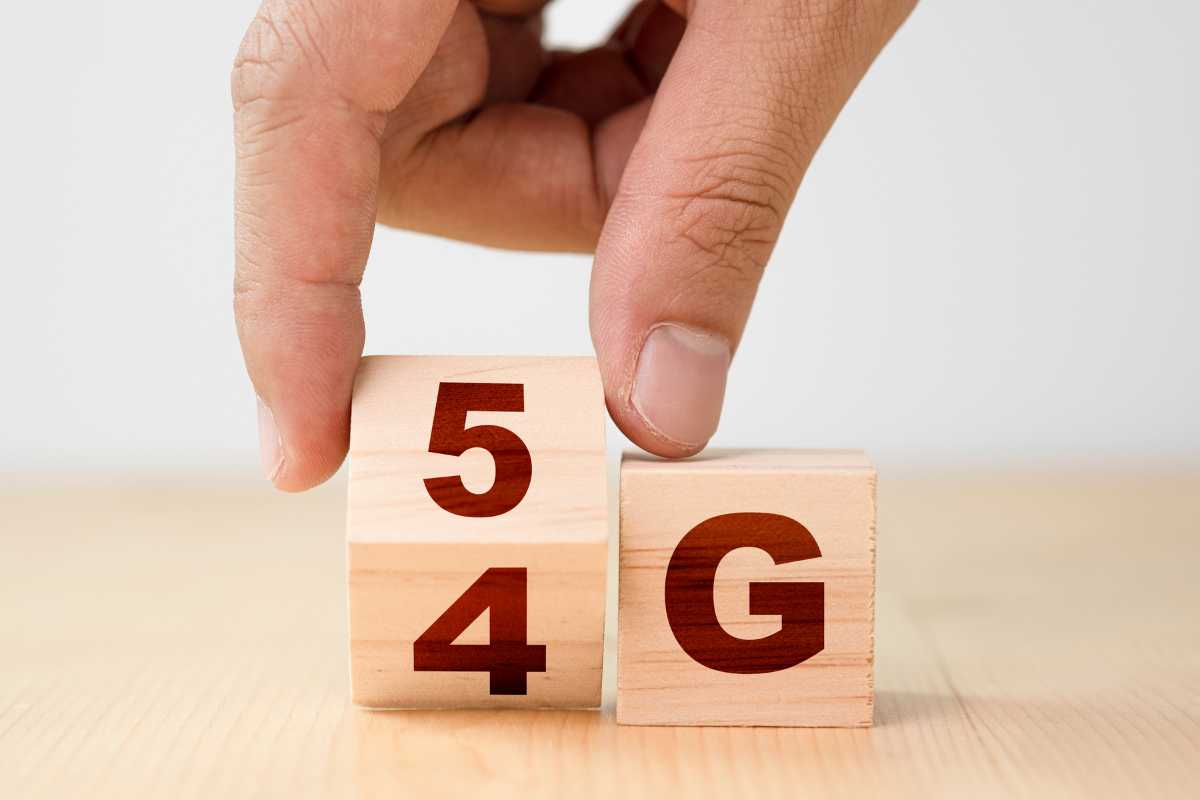
The cellular industry carries out a major upgrade to the wireless infrastructure every decade. In the 2000s, 3G dominated the segment while 4G dominated the previous decade. Now, as we have stepped into the new decade, the 5G networks have already debuted in the US. This might make you think about how 4G and 5G cellular networks are different.
Differences Between 4G And 5G
Below are the major differences between the two cellular network technologies.
Speed
5G is predominately differentiated from 4G in terms of speed as it is the next-generation cellular technology. This makes sense as each next-gen cellular tech has been significantly faster than the previous tech. Currently, 4G speeds can reach speeds of up to 100 Mbps while the real-life performance is not above 35 Mbps.
In comparison, the 5G networks are touted to have the potential to be 100 times faster than 4G. While its theoretical speeds are said to be around 20 Gbps, the real-life performance could range from 50 Mbps to 3 Gbps. The speed depends on the band of 5G being used.
Latency
Latency is another measure, which is the amount of time taken by the information to travel from one point to another. It is a delay in the data transfer irrespective of the network's speed. In 4G, the latency is 50 ms while the same is expected to shrink down to 1 ms in 5G networks.
The reduced latency will be critical for various applications that will let 5G play a major role in the use of connected devices that rely on the cloud for data including self-driving cars.
Coverage
The other major comparison between 4G and 5G is the range of coverage. Even after a decade since the debut of 4G services, it is seen that a majority of rural and remote regions in the country have very poor 4G connectivity. Now, with the arrival of 5G services, it looks like the coverage will be extended but with time. It is limited to a few cities at the launch and then will take almost the same time as 4G to reach different parts of the country. We can expect different implementations including high-, medium-, and low-band 5G with varying speed and bandwidth.















